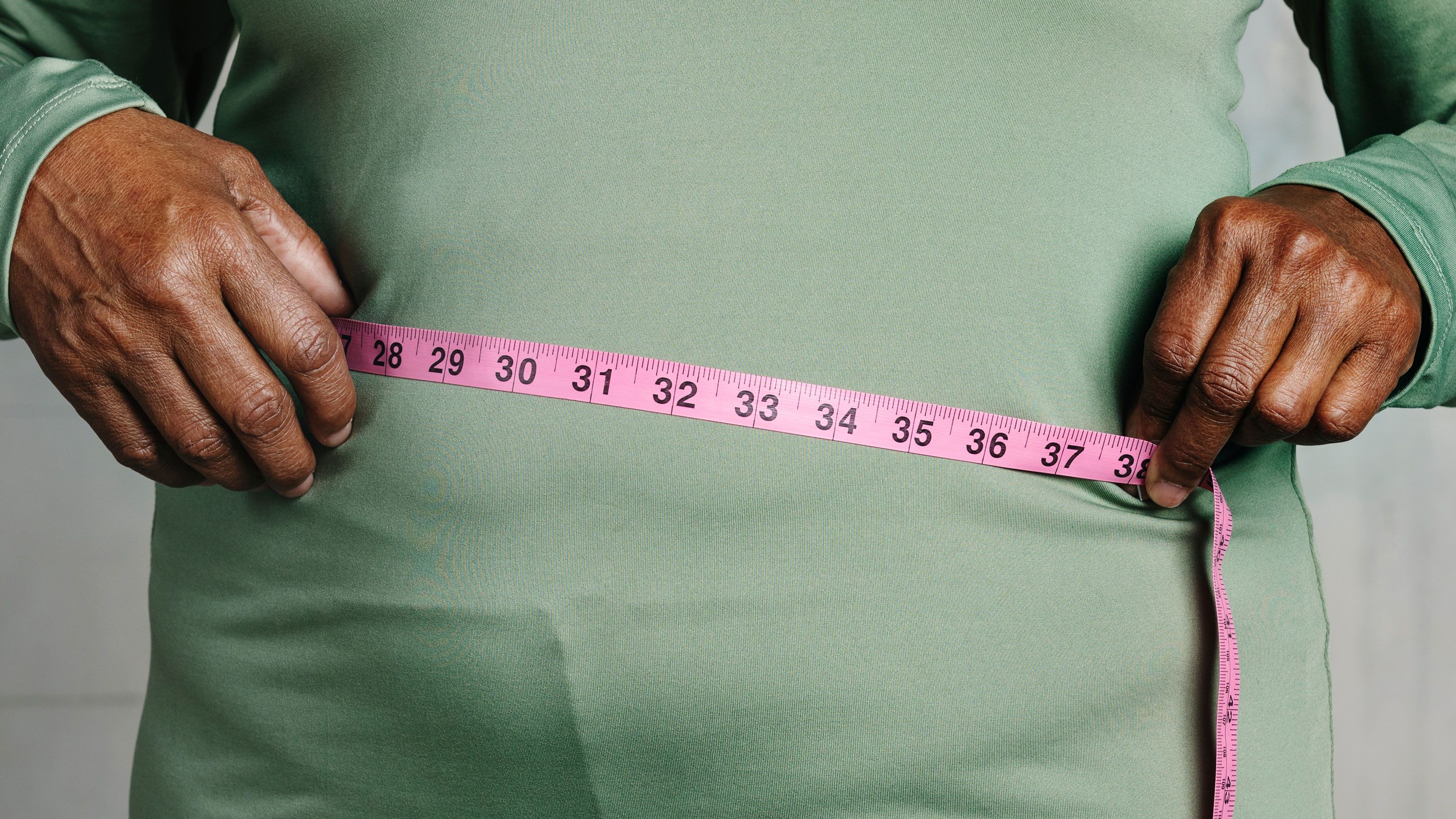
When it comes to weight loss, there are many misconceptions that can easily lead to unhealthy outcomes.
Unfortunately, a lot of these myths are perpetuated by well-meaning friends, family, and even health professionals. But it is important to be aware of these misconceptions and to recognise that they are not based on fact.
Thankfully, dietitian and health coach Jen Scheinman has debunked 7 common weight loss myths which she published on her website, so you can get the facts and start leading a healthier life.
Myth 1: Skipping meals helps with weight loss
It’s a common belief that if you want to lose weight you need to skip meals, but according to Scheinman, this is actually a myth. She believes that instead of skipping meals, it is much healthier and more effective to monitor portion sizes and adjust eating habits.
In her article “A Nutritionist Busted the Myth That Skipping Meals Helps in Weight Loss”, Scheinman explains that by skipping meals, the body actually enters a low-energy mode which results in it utilising fewer calories for digestion and storing more of them as fat. This is because the body is designed to run efficiently and conserve energy reserves when food isn’t available. In other words, instead of burning the calories you consume, the body is actually storing them.
Scheinman also notes that if you skip meals, you will be at risk of becoming overly hungry, which can lead to overeating. This of course contributes to weight gain. Furthermore, if you go for long periods of time without food, your body will start to eat away at muscle mass as a way of compensating for the lack of energy it’s receiving. In a sense, you are punishing yourself and not treating your body right by depriving it of the fuel it needs to operate.
She claims that the key to losing weight is all about making the right choices when it comes to food. Eating smaller portions, limiting processed foods and sugar, and eating regularly throughout the day is the best way to go. By doing so, you will not only lose weight but also improve your overall health.
Myth 2: Fat free foods are always healthier
After years of research and studies, Scheinman has determined that fat free foods are not always the healthiest option when it comes to maintaining or losing weight. Despite the misconception that fat free food makes you skinny, eating a low-fat diet can actually be detrimental to our body’s health and wellbeing, while also being counterproductive to weight loss.
She questions why we push such an unrealistic and potentially damaging diet onto people, and says that many factors come into play when it comes to weight loss and nutritional needs. She states that overeating, lack of physical activity and not eating the right balance of nutrients can all affect someone’s ability to lose weight, and that cutting out fat from your diet is not the answer.
Rather, Scheinman recommends forming a balanced diet with healthy fats and proteins, as well as making sure to get enough physical activity. She encourages people to nourish their bodies with the right foods, rather than starve it with fat-free products.
Myth 3: Low carb diets are the only way to lose weight
When it comes to weight loss, the idea that low carb diets are the only way to go has been around for many years. However, according to Scheinman, this is a weight loss myth. In her opinion, weight loss is much more complicated and multi-dimensional than it may seem at first.
The premise of low carb diets is that if you eat fewer carbohydrates and more protein and fat, your body will burn off the fat you’re taking in, resulting in weight loss. While this may be true in some cases, it’s not the only way to lose weight.
According to Scheinman, “Your body needs a variety of macronutrients to function optimally, not just carbs.” Eating a well-rounded diet with a variety of nutrients from all food groups can help your body to function better and can result in better overall health and weight management.
At the same time, Scheinman believes there is no single diet that can work for everyone. Everyone is different and has their own specific dietary needs. For some people, a low carb diet may work, while for others, a more balanced approach may be better. Additionally, the way we approach dieting can be just as important as the type of diet we choose. It’s important to stay mindful of portion size and to make sure we are getting enough nutrients to give our bodies what they need.
Myth 4: Eating late at night will cause weight gain
The common belief is that eating late at night, especially after 8 pm, is a gateway to unhealthy eating habits and associated weight gain. Many health professionals encourage people to eat earlier in the evening and avoid late night snacks or meals. However, according to Scheinman, this is a myth.
In an article shared on health blog, Redefining Strength, Scheinman explains that studies have shown that when people consume food late at night, they tend to naturally eat fewer calories during the rest of the day. It is important to note, however, that this is not a license to load up on late night snacks. The key to success is eating moderate amounts of healthy and nutrient dense food late at night, including foods like a handful of almonds, a turkey wrap, a small salad, hummus and veggies, or a protein smoothie.
Scheinman also clarifies that late night snacking for some can signal an emotional eating habit, especially if it is done out of boredom or habit. She emphasizes that we are all unique and must get to know ourselves and our patterns to gain insight into what is leading us to late night snacking. She offers thoughtful advice on how to make late night snacks work for each person’s lifestyle and needs in a mindful and meaningful way.
Overall, it is important to recognise that eating late at night can be part of a healthy routine. It is not the time of day itself that causes weight gain, but rather the types of food chosen. More importantly, it is the emotional and psychological factors associated with eating late at night that must be taken into account.
Myth 5: Exercise alone will help you lose weight
According to Scheinman, exercise does not always mean that you’ll lose weight. Instead, she argues that nutrition plays a major role in achieving your weight loss goals. She explains that when you’re trying to lose weight, you need to make sure your intake of calories is lower than your output. Therefore, it’s important to focus on eating healthy, nutritious foods, rather than just hitting the gym.
Additionally, she warns that the way you exercise is important too. Intense, high-impact workouts can often be too much for your body, and leave you feeling exhausted. She recommends working out moderately, and finding an activity that you enjoy. This will help you stay motivated and give your body time to rest and recover.
Myth 6: Diet pills are an effective weight loss solution
Diet pills are often seen as an easy solution to weight loss, but according to dietician Scheinman, it is a weight loss myth. She argues that relying on diet pills as a weight loss solution is at best a short-term fix, and at worst a health hazard.
She contends that while diet pills may lead to weight loss, they don't address the underlying causes of weight gain. She argues that a long-term, healthy diet and lifestyle is the only way to truly achieve and maintain a healthy weight. Moreover, diet pills can have side effects, ranging from mild discomfort to serious health risks.
The dietitian encourages people who are looking to lose weight to make lifestyle changes instead of relying on diet pills. She suggests focusing on eating nutrient-rich, whole foods and reducing intake of processed and fast food. Additionally, increasing physical activity with regular exercise can help promote weight loss in a healthy way.
She recommends that people who are looking for a weight loss solution talk to a healthcare professional about their options. While diet pills may seem like a quick fix, she emphasizes that making changes to diet and lifestyle is the only sure way to achieve and maintain a healthy weight.
The Bottom Line
Scheinman opines that although diets, nutrition, and cleansing the body can result in weight loss or an improved feeling temporarily, it is tough to keep up with them for an extended period.
Moderation and consistency are better long-term strategies. If someone does choose to embark on a trend or fad diet, there should be a plan to transition to some more moderate approach after, she said.












